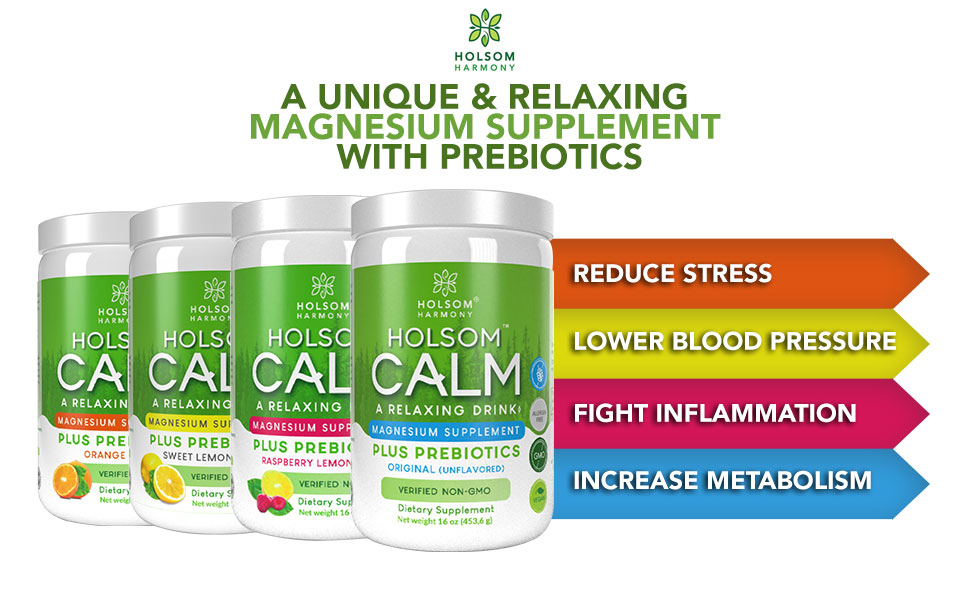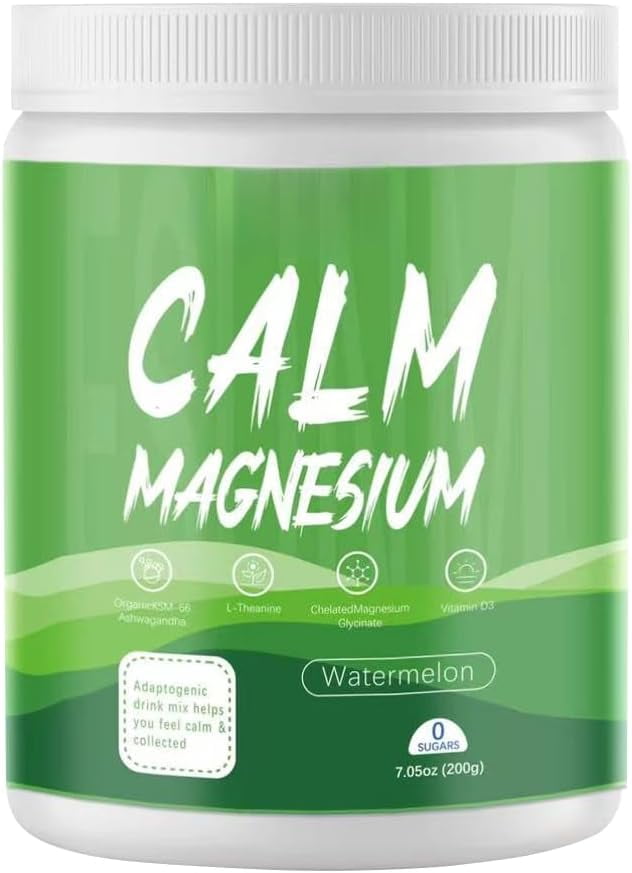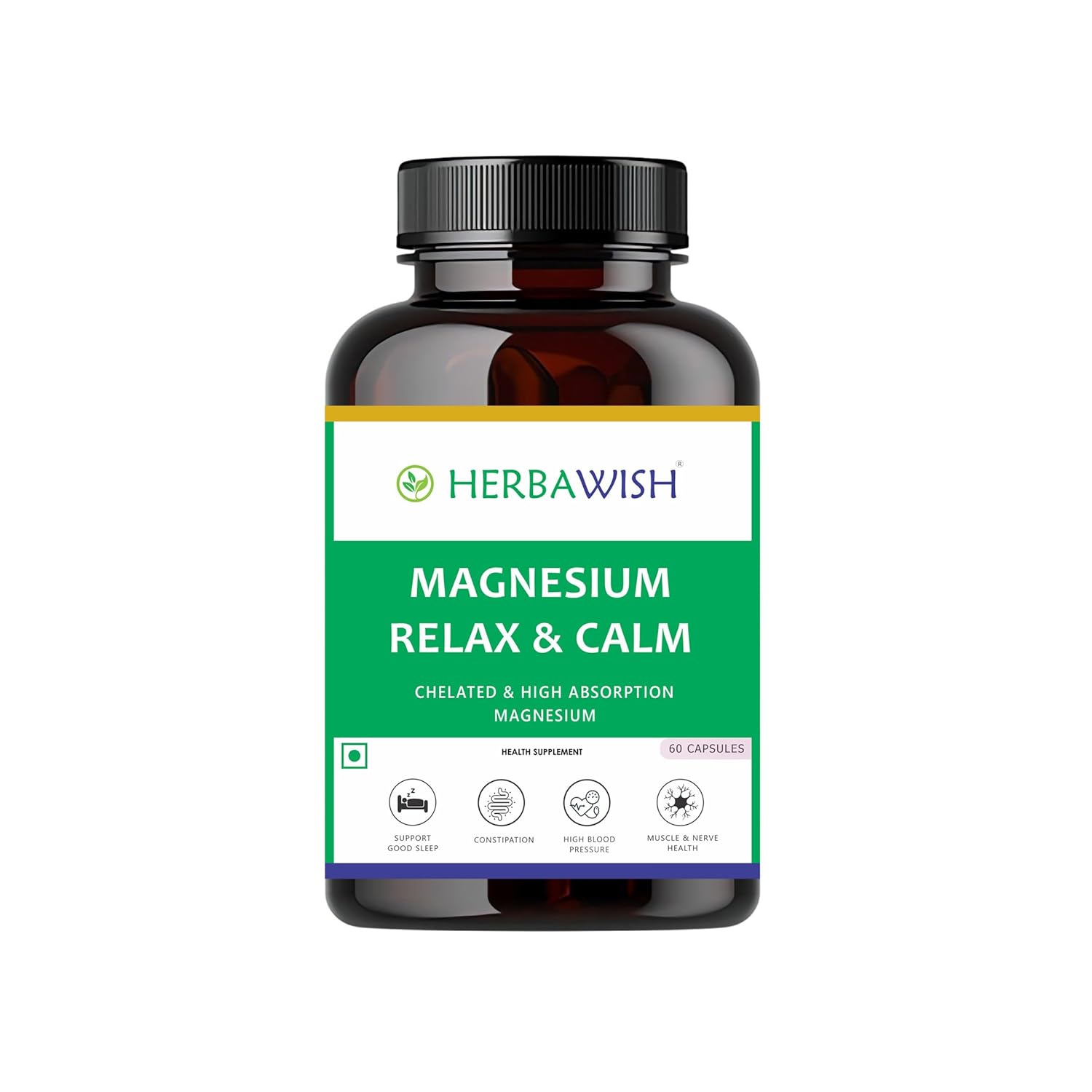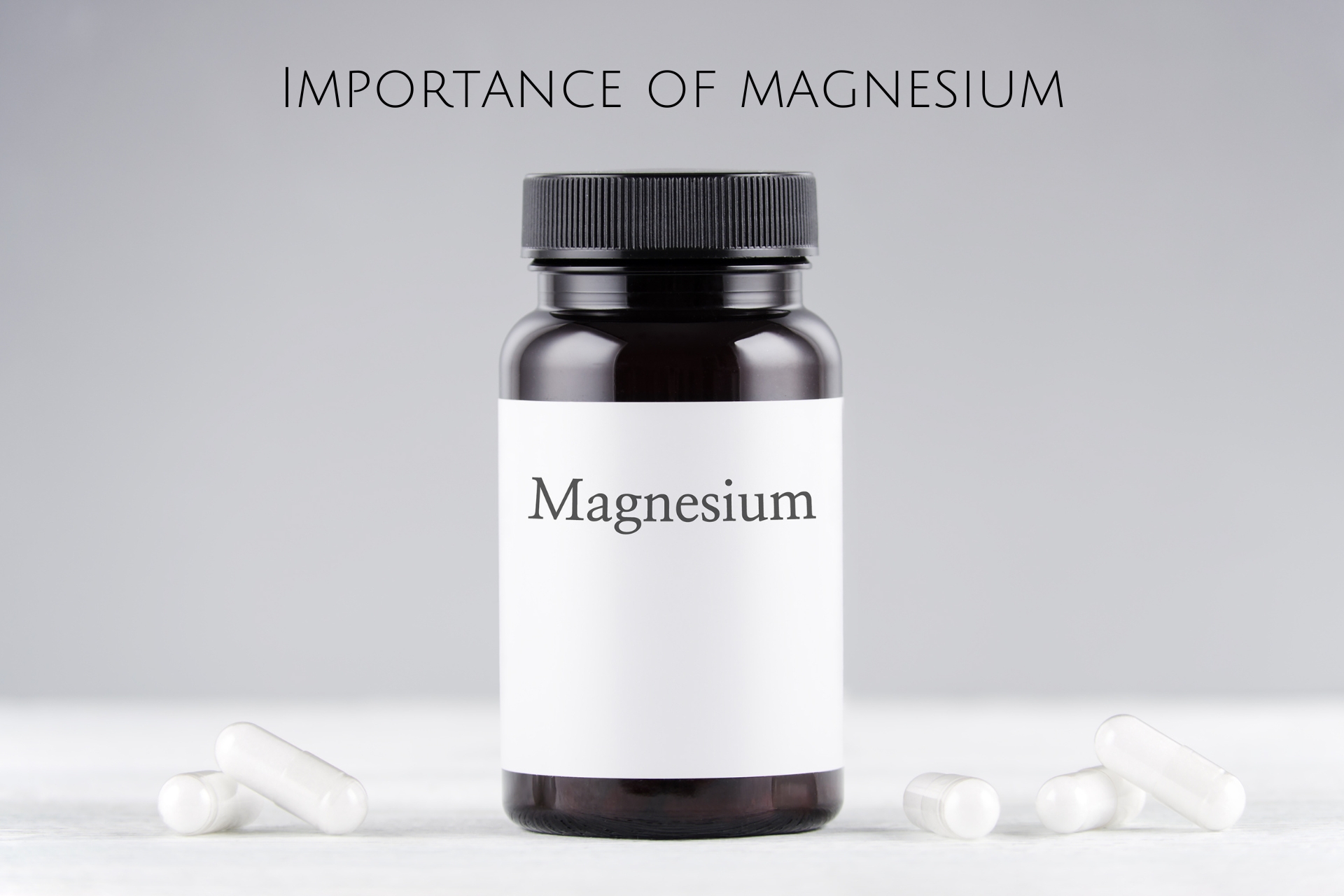Is Calm Magnesium Good For You

Magnesium, an essential mineral involved in hundreds of bodily functions, has surged in popularity, particularly in supplement form. Among the various magnesium supplements available, Calm Magnesium, known for its purported relaxing and stress-reducing effects, has gained significant traction. But does it live up to the hype? This article explores the science behind Calm Magnesium, its potential benefits and drawbacks, and what experts have to say.
Calm Magnesium is primarily marketed as a supplement to alleviate stress, improve sleep, and promote overall relaxation. It's often sold as a powder that dissolves in water, creating a drink intended to be consumed before bedtime. The key ingredient is usually magnesium citrate or magnesium glycinate, both forms of magnesium that are believed to be more easily absorbed by the body than some other forms.
The Significance of Magnesium
Magnesium plays a crucial role in numerous physiological processes. These include muscle and nerve function, blood sugar control, blood pressure regulation, and bone health, according to the National Institutes of Health (NIH). Many people don't get enough magnesium through their diet alone, making supplementation a tempting option.
The NIH states that the recommended daily allowance (RDA) of magnesium varies by age and sex. For adult men, it's generally between 400-420 mg, while for adult women, it's between 310-320 mg. A deficiency in magnesium can manifest in various ways, including muscle cramps, fatigue, irritability, and even more serious conditions like heart arrhythmias.
What is Calm Magnesium?
Calm Magnesium aims to address these potential deficiencies and promote relaxation through its specific formulation. The powder typically contains magnesium citrate or glycinate, citric acid, and sometimes natural flavorings and sweeteners. The effervescent nature of the powder creates a fizzy drink, which some find appealing.
Magnesium citrate is known for its mild laxative effect, which can be a benefit for some individuals experiencing constipation. Magnesium glycinate is often preferred by those looking for a gentler option, as it's less likely to cause gastrointestinal distress. The choice between the two often depends on individual tolerance and desired effects.
Potential Benefits of Calm Magnesium
One of the primary reasons people turn to Calm Magnesium is its potential to reduce stress and anxiety. Studies suggest that magnesium can help regulate the body's stress response system, the hypothalamic-pituitary-adrenal (HPA) axis. By supporting this system, magnesium may help calm the mind and promote a sense of well-being.
Another benefit is improved sleep quality. Magnesium plays a role in regulating neurotransmitters, such as GABA, which promotes relaxation and sleep. Some users report falling asleep more easily and experiencing deeper, more restful sleep after taking Calm Magnesium.
Furthermore, Calm Magnesium might help alleviate muscle cramps and tension. Magnesium is essential for muscle function, and a deficiency can lead to involuntary muscle contractions. Supplementing with magnesium can help relax muscles and prevent cramps, particularly in the legs.
Potential Drawbacks and Risks
While Calm Magnesium offers potential benefits, it's not without its drawbacks. The most common side effect is diarrhea, particularly with magnesium citrate. Consuming too much magnesium can lead to loose stools and abdominal discomfort.
Another concern is potential interactions with medications. Magnesium can interact with certain antibiotics, diuretics, and proton pump inhibitors (PPIs). It's crucial to consult with a healthcare professional before taking Calm Magnesium, especially if you're already taking other medications.
Individuals with kidney problems should also exercise caution when taking magnesium supplements. The kidneys are responsible for regulating magnesium levels in the body, and impaired kidney function can lead to magnesium accumulation, which can be dangerous.
Expert Opinions and Research
Registered dietitians and medical professionals generally agree that maintaining adequate magnesium levels is important for overall health. However, they emphasize that dietary sources should be the primary focus. Foods rich in magnesium include leafy green vegetables, nuts, seeds, and whole grains.
Dr. Emily Carter, a registered dietitian, states, "While supplements like Calm Magnesium can be helpful for some individuals, they shouldn't be used as a replacement for a healthy diet. Focus on incorporating magnesium-rich foods into your meals, and consult with a doctor or dietitian before starting any new supplement regimen."
Research on the efficacy of magnesium supplements for specific conditions, such as anxiety and insomnia, is ongoing. While some studies have shown promising results, more rigorous research is needed to confirm these findings. A 2017 meta-analysis published in the journal Nutrients, for example, found that magnesium supplementation may improve subjective measures of insomnia, but the overall quality of evidence was low.
A Human-Interest Angle
For many, the appeal of Calm Magnesium extends beyond just the science. Sarah Miller, a 35-year-old mother of two, shared her experience: "I was constantly stressed and struggling to fall asleep at night. A friend recommended Calm Magnesium, and it's been a game-changer. I feel more relaxed in the evenings and sleep much better."
However, John Davis, a 48-year-old accountant, had a different experience. "I tried Calm Magnesium hoping it would help with my muscle cramps, but it gave me terrible diarrhea. I had to stop taking it after a few days." These personal accounts highlight the variability in individual responses to the supplement.
Conclusion
Calm Magnesium may offer potential benefits for reducing stress, improving sleep, and alleviating muscle cramps. However, it's essential to be aware of the potential drawbacks and risks. While magnesium is an essential mineral, it is possible to consume too much.
Before taking Calm Magnesium or any other magnesium supplement, it's crucial to consult with a healthcare professional. They can help determine if you have a magnesium deficiency, assess your individual needs, and advise on the appropriate dosage and form of magnesium. They can also help you asses whether or not it will interact with any other medications.
Ultimately, a balanced diet rich in magnesium-rich foods should be the foundation of your health. Calm Magnesium can be a helpful supplement for some, but it's not a magic bullet. A holistic approach that includes a healthy lifestyle, stress management techniques, and professional medical advice is the best path to overall well-being.


















